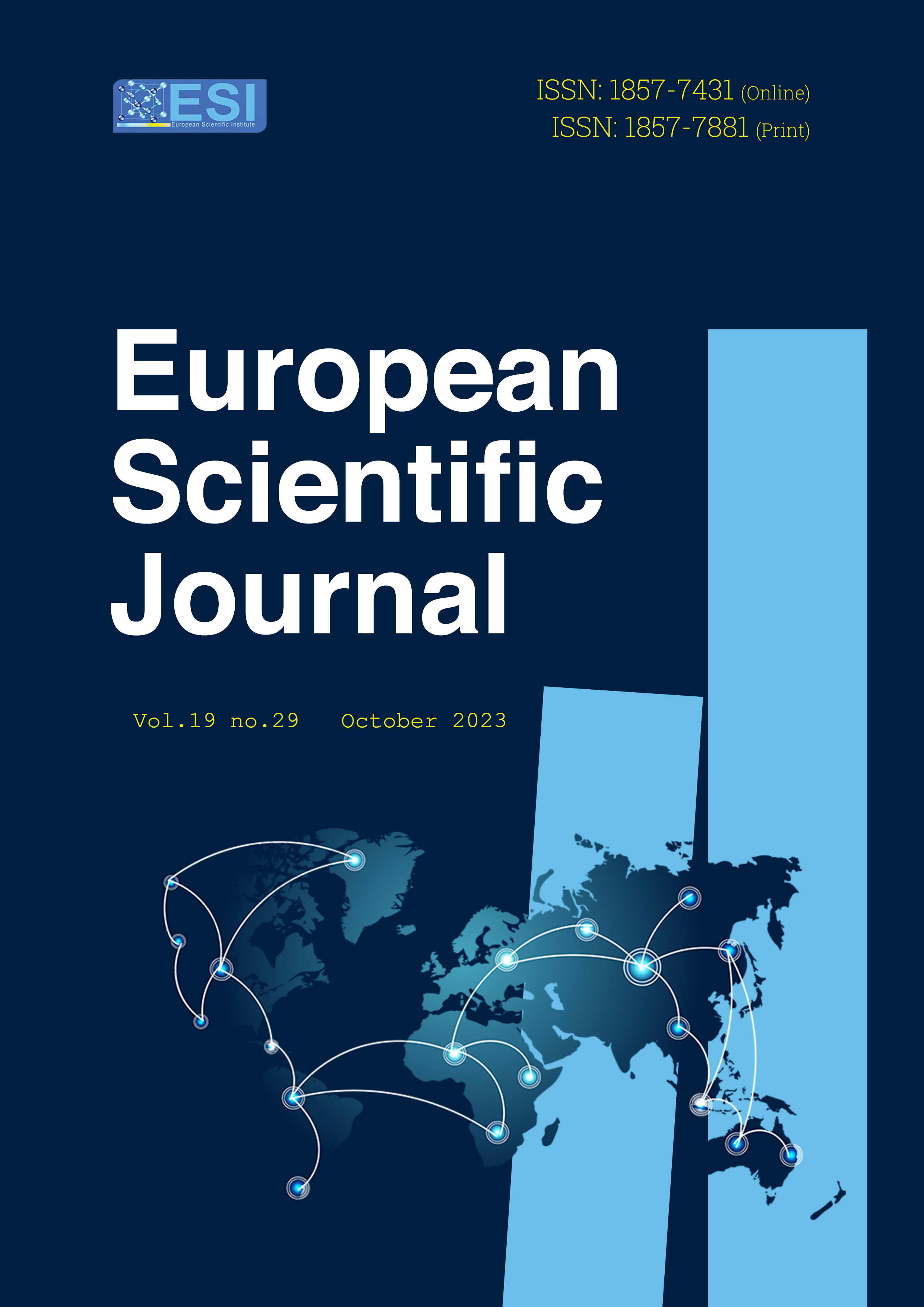Using Efficient Planning for Achieving Course Learning Outcomes in EFL Classes at Taif University
Abstract
This study investigates the efficiency and effectiveness of English as a Foreign Language (EFL) teachers in planning their lectures. The primary objective is to determine the extent to which teachers at the English Language Center (ELC) at Taif University, Kingdom of Saudi Arabia, successfully plan their lessons. A questionnaire was administered to a sample of 26 teaching staff, consisting of 13 males and 13 females. The results of a t-test conducted at a significance level of 0.05 reveal that class or lesson planning plays a crucial role in facilitating effective language teaching and learning. Adequate planning enables teachers to make informed decisions about lesson principles and helps in achieving desired learning outcomes. In order to make informed decisions on the selection of topics, scenarios, methods, techniques, and procedures for their courses, educators are required to adopt a systematic approach. Educators have the potential to enhance the quality of their instructional sessions and optimize educational achievements among learners through the conscientious observance of these facets of lesson preparation. This study contributes to the existing literature on EFL teaching practices by providing insights for educators to improve their instructional planning strategies.
Overall, the findings emphasize the significance of thorough planning in EFL instruction and highlight its impact on successful teaching and learning experiences.
Downloads
PlumX Statistics
References
2. Ahmed, A.O.A. (2019). Sudanese EFL Students' Preferred Learning Styles and Evaluation Techniques. Journal of Education and Practice, 10(3), 136. DOI: 10.7176/JEP
Ahmed, A.O.A. (2020). The effectiveness of the methods in use to promote fluency among EFL learners at the foreign languages department, Taif University. European Scientific Journal, 16(11), 1-12. DOI: https://doi.org/10.19044/esj.2020.v16n11p1
3. Anand, M. (2015). GLOBALISATION AND INDIAN SCHOOL EDUCATION: IMPACT AND CHALLENGES. European Scientific Journal, ESJ, 11(10). Retrieved from https://eujournal.org/index.php/esj/article/view/5727
4. Bajrami, L., & Ismaili, M. (2016). The role of video materials in EFL classrooms. Procedia-Social and Behavioral Sciences, 232, 502-506.
5. https://doi.org/10.1016/j.sbspro.2016.10.068
6. Brooks, G., & Wilson, J. (2014). Using oral presentations to improve students’ English language skills. Kwansei Gakuin University Humanities Review, 19(1), 199-212.
7. Coffie, I. S., Doe, N. G., & Tabi, J. A. (2021). Pre-Service Science Teachers’ Assessment of Supported Teaching in School. European Scientific Journal, ESJ, 17(32), 257. https://doi.org/10.19044/esj.2021.v17n32p257
8. Doff, A. (1993). Teach English. Cambridge: Cambridge University Press.
9. Doris, O. M. (2019). Assessment of Instructional Strategies Employed by Physics Teachers and Students Academic Achievement in Secondary Schools in Rivers State. European Scientific Journal, ESJ, 15(4), 187. https://doi.org/10.19044/esj.2019.v15n4p187
10. Haggag, H. M. (2018). Assessing Core Didactic Competencies of Pre-service English Language Teachers During Practicum: A European Perspective. European Scientific Journal, ESJ, 14(17), 12. https://doi.org/10.19044/esj.2018.v14n17p12
11. Held, S., & McKimm, J. (2009). Improve your lecturing. British Journal of Hospital Medicine (2005), 70(8), 466-469. https://doi.org/10.12968/hmed.2009.70.8.43541
12. Johnson, K. (2006). Quilting with Language. In English Teaching Forum (Vol. 44, No. 3, pp. 46-56). US Department of State. Bureau of Educational and Cultural Affairs, Office of English Language Programs, SA-5, 2200 C Street NW 4th Floor, Washington, DC 20037.
13. Jolles, R. L. (2017). How to run seminars and workshops: presentation skills for consultants, trainers, teachers, and salespeople. John Wiley & Sons.
14. Marmah, A. A. (2014). Students’ perception about the lecture as a method of teaching in tertiary institutions, views of students from college of technology education, Kumasi (Coltek). International Journal of Education and Research, 2(6), 601-612.
15. Mends–Brew, E., Dadzie, J., Dadson, B. A., & Amoamah, M. O. (2017). Factor Analysis of Competency Based Trained Graduates of Polytechnic/Technical Universities in Ghana. European Scientific Journal, ESJ, 13(36), 282. https://doi.org/10.19044/esj.2017.v13n36p282
16. Ngongwikuo, J. (1990, July). The Need and Format for Planning English Language Lesson. In English Teaching Forum (pp. 39-40).
17. Petty, G. (2016). Teaching today: A practical guide. Oxford University Press-Children.
18. Riddell, D. (2003). Teach Yourself. Hodder Education, UK.
19. Roehling, P. V., Root Luna, L. M., Richie, F. J., & Shaughnessy, J. J. (2017). The benefits, drawbacks, and challenges of using the flipped classroom in an introduction to psychology course. Teaching of Psychology, 44(3), 183-192.
20. https://doi.org/10.1177/0098628317711282
21. Sullivan, R. L., & Wircenski, J. L. (1996). Technical presentation workbook. ASME Press: New York.
22. Ur, P. (2012). A course in English language teaching. Cambridge University Press.
Copyright (c) 2023 Awwad Othman Abdelaziz Ahmed

This work is licensed under a Creative Commons Attribution 4.0 International License.








